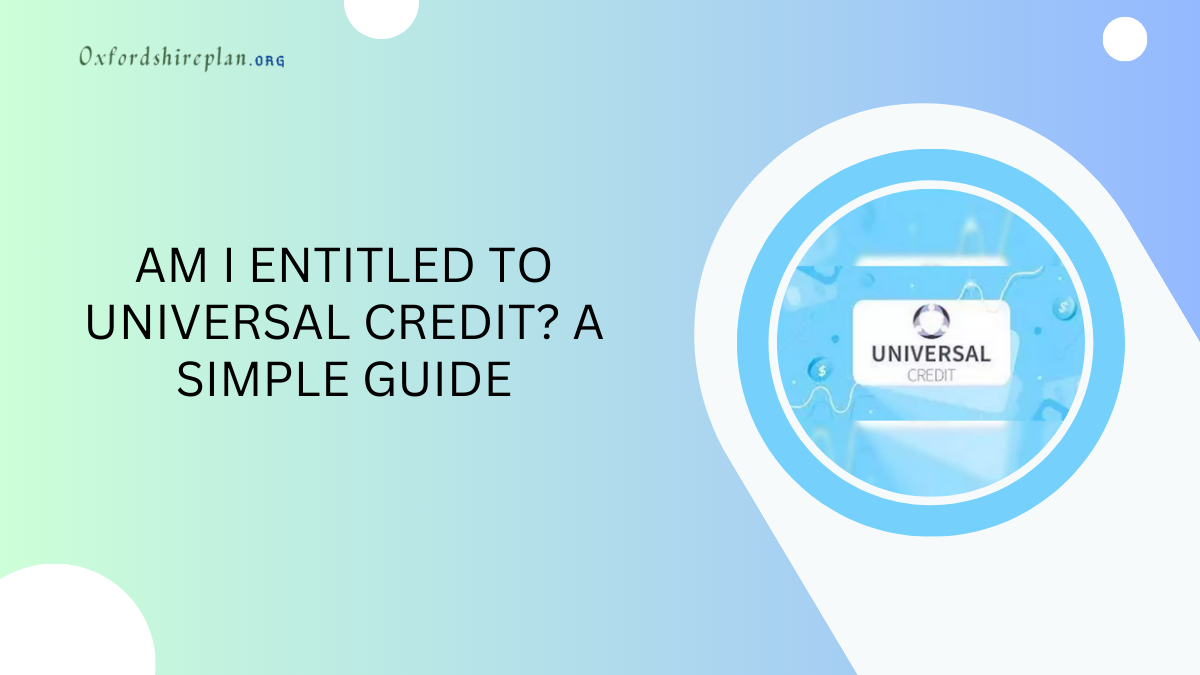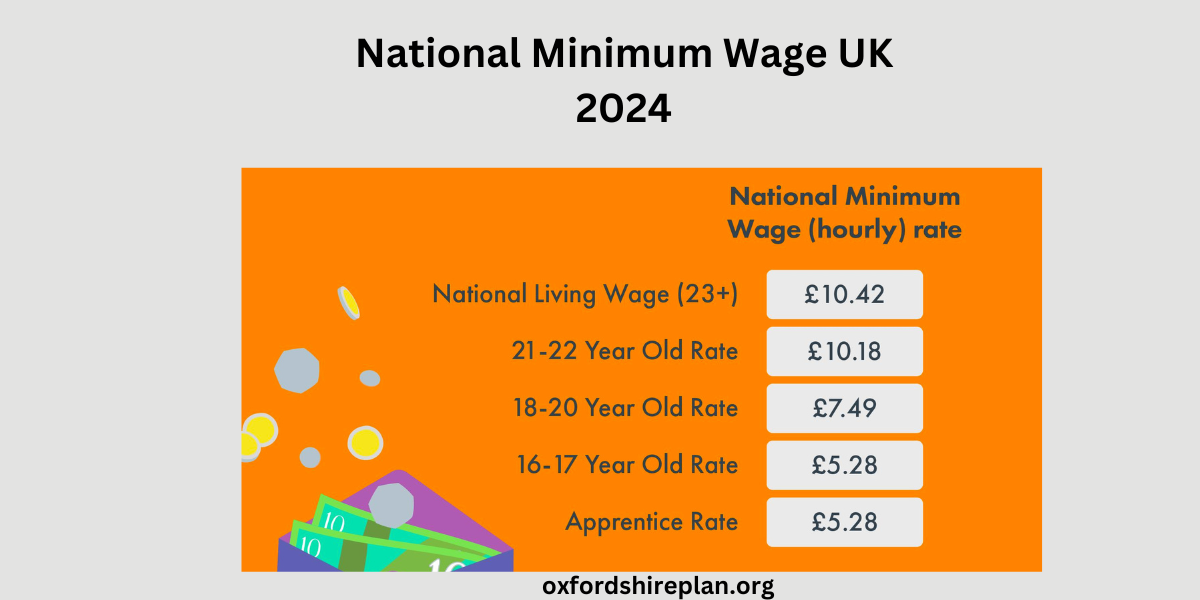Contents
- Introduction to Universal Credit
- Understanding Universal Credit Entitlement
- Who Can Claim Universal Credit?
- Claiming Universal Credit as a Couple
- Who Needs to Make a Joint Claim?
- Special Rules for Young People
- Students and Trainees
- State Pension Age and Severe Disability Premium
- Frontier Workers and EU/EEA/Swiss Citizens
- How to Apply for Universal Credit
- Getting Help with Your Application
- Conclusion
Introduction to Universal Credit
Are you asking yourself, Am I entitled to Universal Credit? This question is common for many people facing financial challenges. Universal Credit benefits individuals over 18 but under the State Pension age, supporting those on a low income or out of work. In some situations, even 16- or 17-year-olds might qualify if they meet specific criteria, such as being in full-time training or education.

Understanding Universal Credit Entitlement
To answer the question, “Am I entitled to Universal Credit?”**You need to consider several factors. Universal Credit is designed to help people who are struggling financially and is available to those who meet certain eligibility criteria. Let’s break down the main requirements to determine if you might be eligible.
Who Can Claim Universal Credit?
To qualify for Universal Credit, you must meet the following criteria:
- Age Requirement: You must be 18 or older, although 16 or 17-year-olds can claim under specific circumstances.
- State Pension Age: You must be under the State Pension age.
- Education and Training: You should only be in full-time education or training if exceptions apply, such as caring for a child.
- Savings: If you have savings over £16,000, you won’t be eligible for Universal Credit. Your entitlement will be reduced if your savings are between £6,000 and £16,000.
Claiming Universal Credit as a Couple
If you live with a partner, you must make a joint claim. This means both partners must create separate Universal Credit accounts, which will be linked using a partner code. Here’s how it works:
- Create Accounts: Both partners must create Universal Credit accounts.
- Linking Accounts: The first person to create an account will receive a partner code. The second person must enter this code when setting up their account.
- Joint Claiming: Once linked, your accounts will allow you to claim Universal Credit as a couple.
Who Needs to Make a Joint Claim?
- Married Couples: You must make a joint claim if you’re legally married.
- Civil Partnerships: Couples in a civil partnership are required to claim jointly.
- Living Together as a Couple: If you’re living together as if you were married, you must also make a joint claim.
Special Rules for Young People
In some instances, 16 and 17-year-olds can claim Universal Credit. Here are the conditions under which they may be eligible:
- Limited Work Capability: If you have limited work capability or are waiting for a Work Capability Assessment,
- Caring Responsibilities: If you are caring for a severely disabled person.
- Single Parent: If you are single and have a child.
- Couple with a Child: If you’re part of a couple with a child, your partner is eligible for Universal Credit.
- Pregnancy: If you are at least 29 weeks pregnant.
- Recent Childbirth: If you’ve had a child in the last 15 weeks.
- Lack of Parental Support: If you need the support of your parents.
Students and Trainees
If you’re in full-time education or training, you typically cannot claim Universal Credit. However, there are some exceptions to this rule. For example, if you’re responsible for a child or living with a partner eligible for Universal Credit, you may still be able to claim.
For more specific guidance on whether you, as a student, can claim Universal Credit, contact your local Jobs & Benefits office or the Universal Credit Service Centre.
State Pension Age and Severe Disability Premium
If you have reached State Pension age but your partner still needs to, you can make a joint claim for Universal Credit. However, there are specific rules and conditions to consider:
- State Pension Age Partner: If one partner is of State Pension age, the claim is still possible but with certain limitations.
- Severe Disability Premium: If you’re receiving the Severe Disability Premium and there’s a change in your circumstances, you may be entitled to transitional payments. These payments ensure you don’t lose financially due to the transition to Universal Credit.
Frontier Workers and EU/EEA/Swiss Citizens
If you are a frontier worker living in the Republic of Ireland but working in Northern Ireland, you may be eligible for Universal Credit. Similarly, EU/EEA/Swiss citizens living in Northern Ireland might need to apply for settled or pre-settled status under the EU Settlement Scheme to claim Universal Credit.
How to Apply for Universal Credit
If you believe you’re eligible for Universal Credit, the next step is to apply. The application process is straightforward and can be done online. Here’s how to get started:
- Create an Account: Visit the official Universal Credit website to create an account.
- Submit Your Application: Fill out the form with accurate information about your income, savings, housing costs, and other relevant details.
- Verify Your Identity: You must verify your identity online using documents like a passport or driving license.
- Complete the Application: Once you’ve submitted your application and verified your identity, you must attend an interview at your local Jobs & Benefits office or over the phone.
Getting Help with Your Application
Navigating the Universal Credit system can be challenging, especially if you’re unfamiliar with it. Thankfully, several organizations offer help and advice:
- Advice NI: Provides accessible, independent advice on claiming Universal Credit.
- Housing Rights: Offers support if your housing situation is affected by Universal Credit.
- Make the Call: A government initiative that helps you access benefits you may be entitled to.
- MoneyHelper: Offers financial advice and support for managing your benefits.
Conclusion
Understanding whether you’re entitled to Universal Credit is crucial for managing your finances during tough times. Ask yourself, “Am I entitled to Universal Credit? By following the guidelines in this guide, you can determine your eligibility and take the necessary steps to claim the support you need. Whether you’re single, part of a couple, a young person, or a student, knowing your rights and how to claim them can significantly affect your financial stability.
Related Articles
|
Universal Credit Northern Ireland Log In Mortgage Woes: Homeowners’ Greatest Hurdle |

Jonathan is an avid automobile enthusiast who is passionate about all things on wheels. From the latest car models to classic vintage rides, I love exploring the automotive world’s intricate details and engineering marvels. With years of experience in test-driving, reviewing, and analyzing cars, I provide readers with comprehensive insights and honest opinions.















